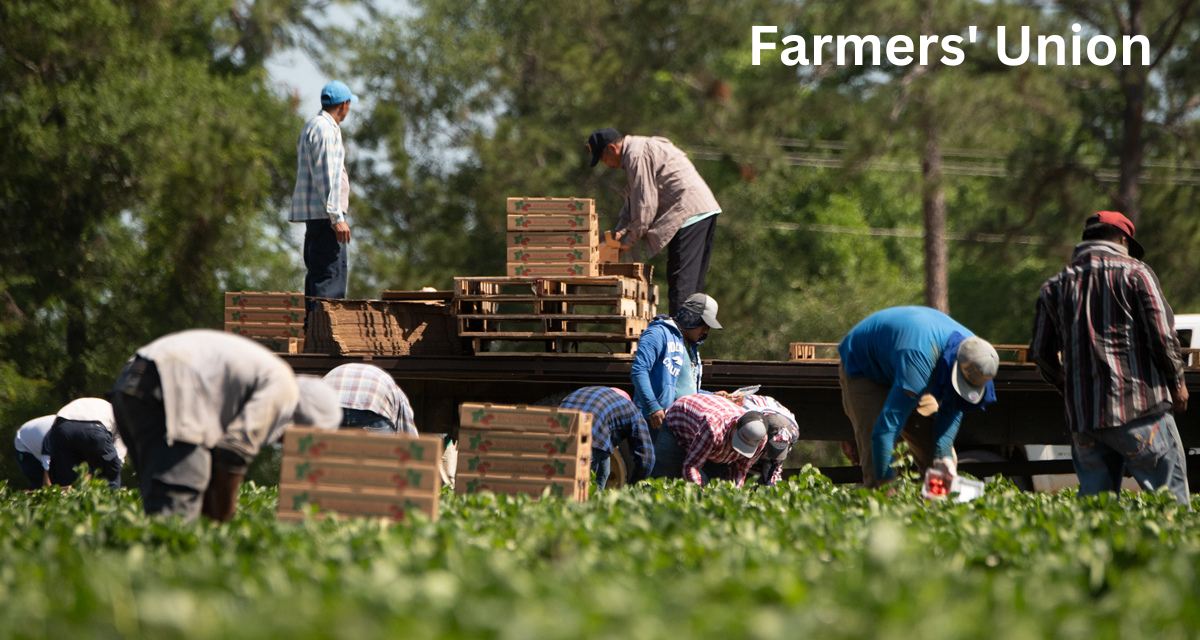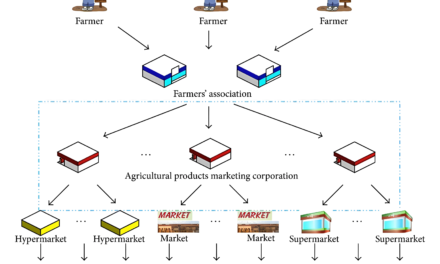A Farmers’ Union has raised concerns about a disturbing trend among older farmers who may consider taking severe steps to avoid passing on their agricultural wealth to future generations. This alarming issue stems from the increasing financial and emotional burden faced by aging farmers, coupled with the complexities of land inheritance laws and shifting societal values.
Rising Debt: Many older farmers are grappling with loans and declining profits, leading them to see their wealth as more of a liability than an asset.
Lack of Succession Planning: With younger generations increasingly uninterested in farming as a career, older farmers often face uncertainty about the future of their lands.
Fear of Fragmentation: Inheritance laws that mandate equal division of land among heirs can lead to fragmentation, reducing the economic viability of agricultural holdings.
Emotional Isolation: Many farmers, especially in rural areas, suffer from loneliness and depression, exacerbating their reluctance to transfer assets.
The union warns that, in extreme cases, some farmers may resort to selling off or liquidating assets, abandoning farming altogether, or even destructive actions to prevent wealth transfer, such as leaving land fallow or destroying crops. These measures could have devastating consequences for families, agricultural productivity, and rural economies.
Tax Reliefs: Incentives for farmers to transfer assets to the next generation.
Land Consolidation Programs: Encouraging sustainable land management practices to avoid fragmentation.
Mental Health Support: Providing counseling and support networks for aging farmers.
Encouraging Youth in Agriculture: Offering subsidies, training, and incentives to younger individuals to take up farming.
This emerging crisis highlights the urgent need for reforms in the agricultural sector to support older farmers and secure the future of farming as a viable livelihood for future generations.









